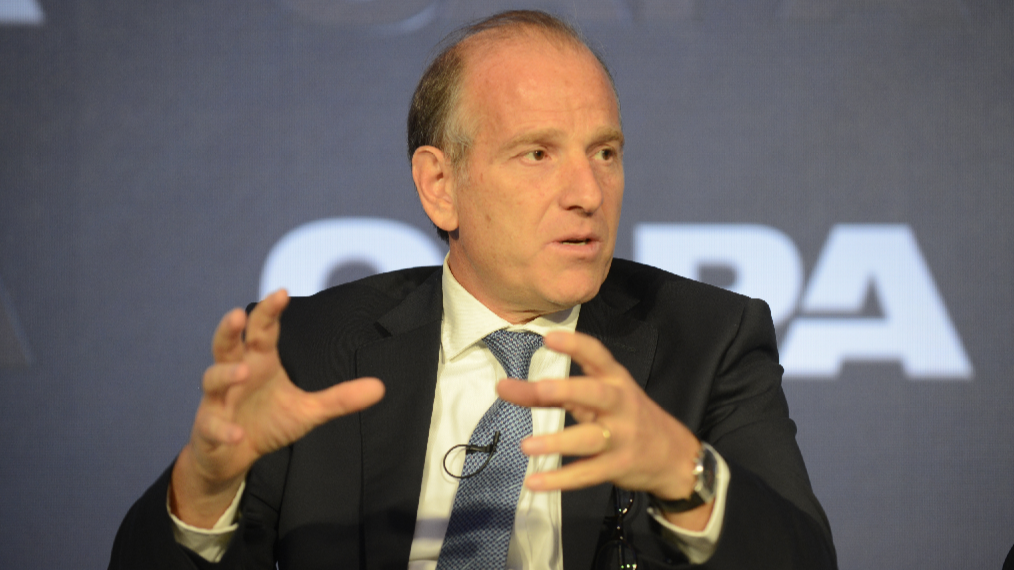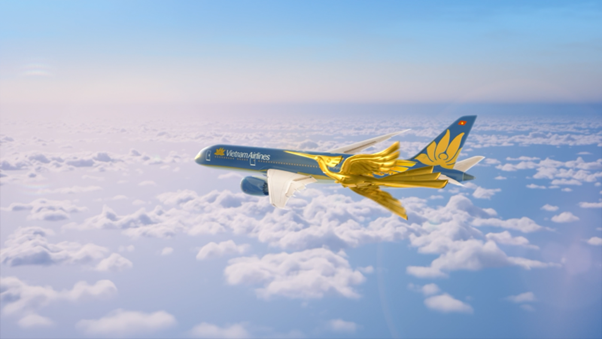Earlier this month, France’s transport minister Elisabeth Borne said a new fee of €1.50 will apply to every economy class ticket on flights within France or the EU, or €9 for business class tickets, and up to €18 for a business class ticket for flights outside of the EU region.
During an IATA roundtable debate following the launch of the airline organisation’s Air Transport Regulatory Competitiveness Indicators (ATRCI) for the UK this afternoon, BBT asked if it had anticipated the tax.

IATA, Regional VP, Europe, Rafael Schvartzman (Cre: Blue Swan Daily).
Rafael Schvartzman, regional vice-president, Europe, said: “No, we were not.”
Schvartzman said France had recently conducted consultations related to making transport more competitive in the country. “The conclusions were clear – France is not as competitive today, without the tax, as other countries like Germany or the Netherlands. Obviously they’re doing this [eco-tax], but it’s not going to help their competitiveness. How can you tackle carbon? You need to have a healthy industry, and that’s the risk as well.
“The cost of efficient aircraft, efficient engines, we need to put in place for the offsetting, that’s a concern. We have not seen that money in the past invested in environmental solutions.”
His remarks echo the findings from the ATRCI report – an analysis on the state of the UK aviation sector, benchmarked against an average of other countries in the EU on factors such as infrastructure, competitiveness and regulation.

IATA has voiced its disappointment at the French government’s introduction of an eco-tax of up to €18 per business-class ticket for outbound flights (Cre: Buying business travel).
Globally, the UK has the highest airport passenger taxes and charges, IATA claims, and is ranked 148 out of 148 countries assessed, while France is ranked 87th.
IATA’s chief economist Brian Pierce also did not rule out the possibility France could lose connecting traffic as result of the eco-tax. “The connecting passenger market is very price sensitive, so that is a key possibility,” he told BBT.
“But our issue with France is that we don’t see it as an effective way of reducing CO2. It’s much better to physically invest in taking CO2 out of the atmosphere rather than putting a tax on it,” he added. “We’re frustrated because clearly the industry does want to be sustainable, but we think there are much better ways of doing it than putting on a tax.”
In a statement, IATA added: “This tax is misguided. Since 1990, airlines have reduced carbon emissions per passenger 50 per cent, and from 2020 will be paying to offset all the growth in emissions. A tax will not help the industry to invest in cleaner fuels and technology. It will also damage €100 billion that aviation generates for the French economy, and 500,000 new jobs are at risk from the lack of competitiveness of French aviation.
“81 per cent of French people don’t trust their government to spend environmental taxes on environmental action. On their behalf, we will hold the French government to account to spend this tax on accelerating aviation sustainability, especially prioritising more efficient air traffic control and promoting sustainable fuels.”
Air France is also opposed to the tax, saying it would cost the airline more than €60 million a year at a time when it “needs to strengthen its investment capacity” to reduce its environmental impact, namely through a fleet renewal programme.
Cre: Buying business travel










